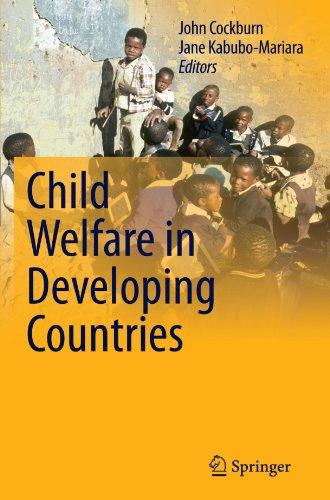

Most ebook files are in PDF format, so you can easily read them using various software such as Foxit Reader or directly on the Google Chrome browser.
Some ebook files are released by publishers in other formats such as .awz, .mobi, .epub, .fb2, etc. You may need to install specific software to read these formats on mobile/PC, such as Calibre.
Please read the tutorial at this link: https://ebookbell.com/faq
We offer FREE conversion to the popular formats you request; however, this may take some time. Therefore, right after payment, please email us, and we will try to provide the service as quickly as possible.
For some exceptional file formats or broken links (if any), please refrain from opening any disputes. Instead, email us first, and we will try to assist within a maximum of 6 hours.
EbookBell Team

4.4
22 reviewsWhat factors affect child welfare? How can policy improve child welfare? In developing countries, there has been relatively little empirical work on the analysis and measurement of child poverty. Further, poverty has many dimensions, including mortality, morbidity, hunger, illiteracy, lack of fixed housing and lack of resources, and cannot be assessed with a single measurement method. Based on original research in Africa and South America, and using a multidimensional poverty indicator approach, this book identifies the existence of inequalities in child welfare, analyzes their sources, and evaluates the impacts of policy responses to those inequalities. Topics considered include monetary poverty, asset poverty, nutrition, mortality, access to education and school attendance, child labor and access to health services. The book’s findings demonstrate that while current government programs offering financial assistance, supplementary food, and free or subsidized education and health care have a positive impact on child welfare, these outcomes can still improve, and proposes policy prescriptions towards this end. The book will be of use to poverty and policy researchers, professionals in international development, and graduate students interested in poverty and inequality.